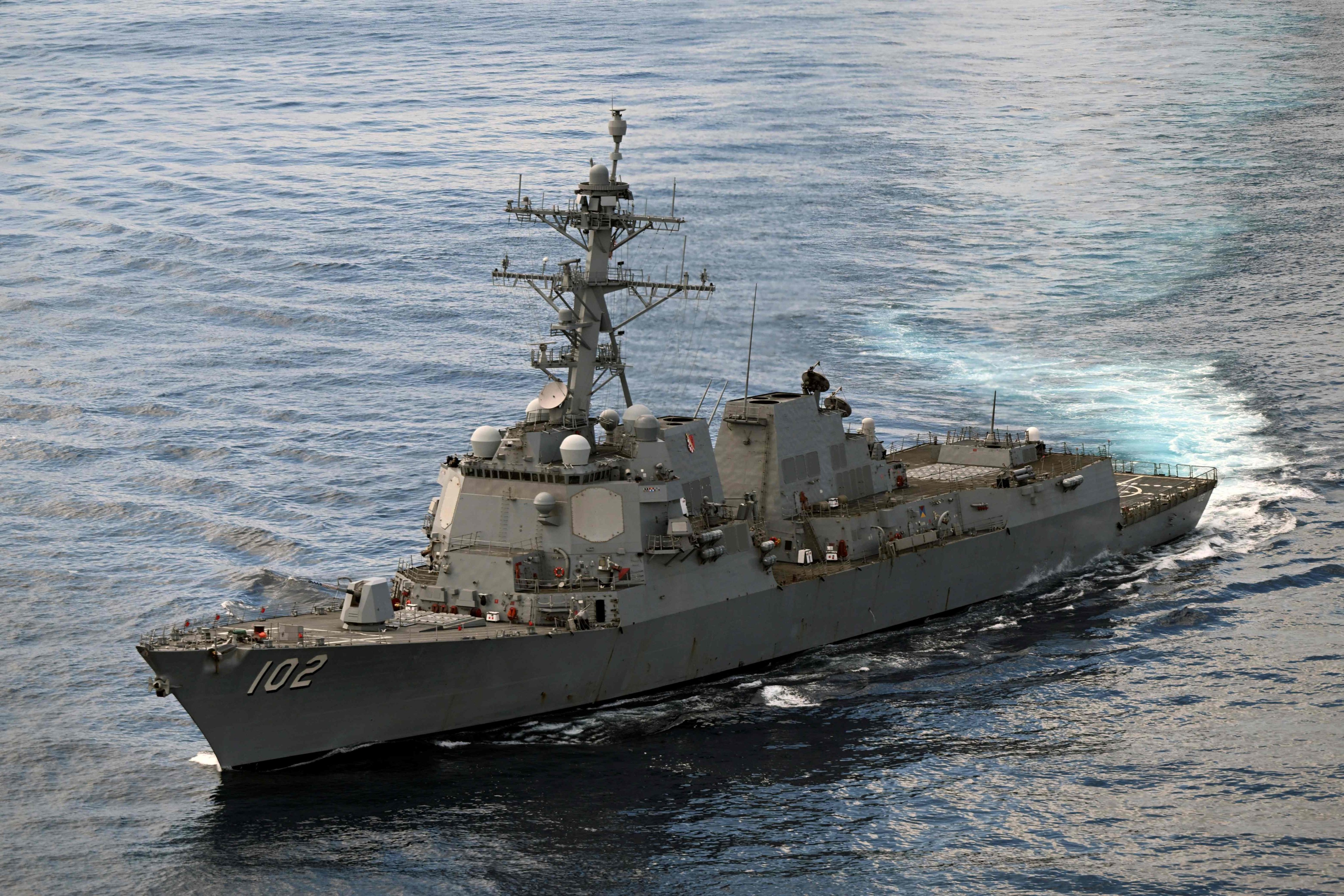
US Navy at Venezuela's Coastline: Aiming to Combat Drug Cartels or Secure Oil Reserves?
The presence of the U.S. Navy off the coast of Venezuela has raised eyebrows, as three guided-missile destroyers are deployed to combat drug trafficking and cartel activities. Officially, these military operations are framed as counter-narcotics efforts targeting threats from Latin American cartels. However, this narrative often sparks speculation about deeper geopolitical motivations behind the maneuvers.
Reports suggest that U.S. military actions could be driven by interests beyond merely tackling drug trafficking. Venezuela is home to some of the world's largest oil reserves, historically a focal point for various international actors. This backdrop brings the Monroe Doctrine into sharp focus, encompassing a long-standing U.S. justification for intervention in Latin America to protect its interests and curb foreign influence.
Critics argue that interventions in Venezuela could be about more than just combating drug cartels; they hint at a desire to install a government more aligned with U.S. interests, particularly concerning access to natural resources. The tangled web of military, economic, and political factors suggests that U.S. actions may be less about democracy and more about maintaining control over strategic resources.
Ultimately, the discourse around the U.S. Navy's presence in Venezuela paints a picture of complexity, where military deployments are often intertwined with broader efforts to influence political landscapes. As the situation evolves, the narrative will continue to be shaped by both official statements and the underlying interests that drive U.S. foreign policy in the region.
For a deeper understanding of the geopolitical aspects surrounding Venezuela's oil reserves, click here.
